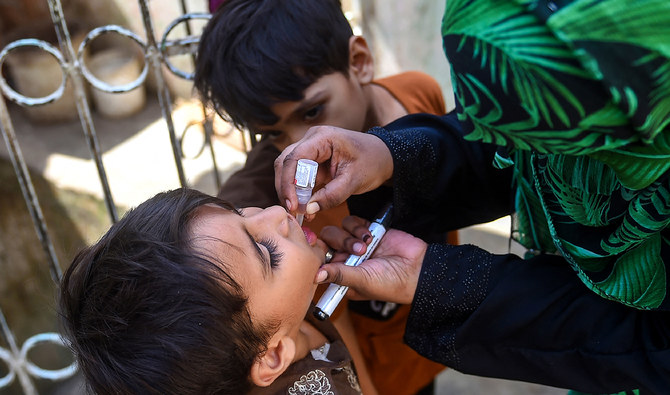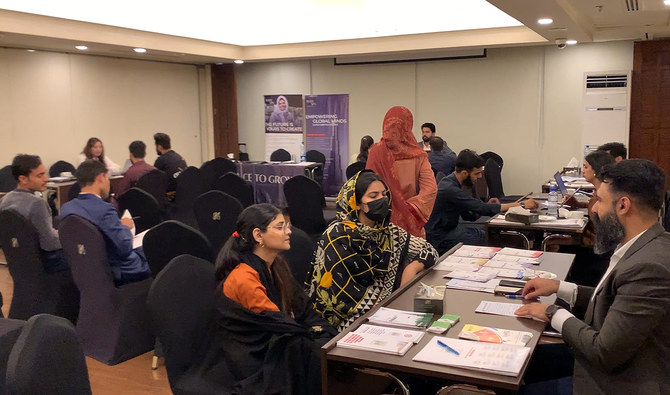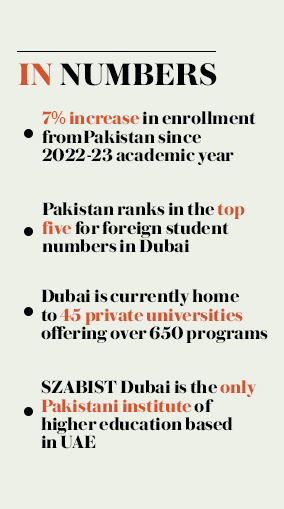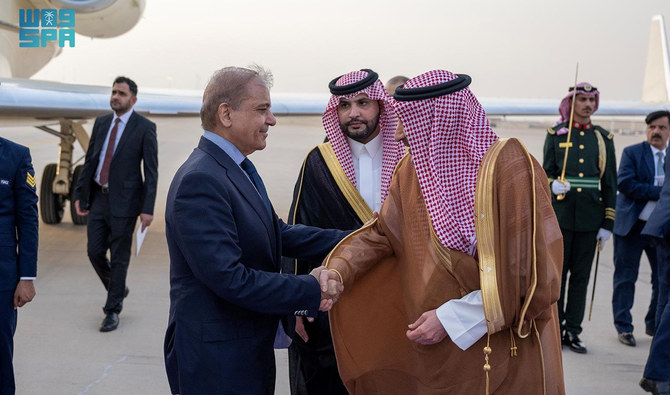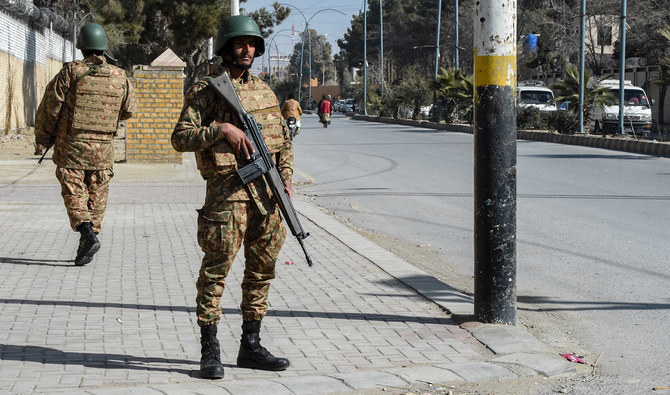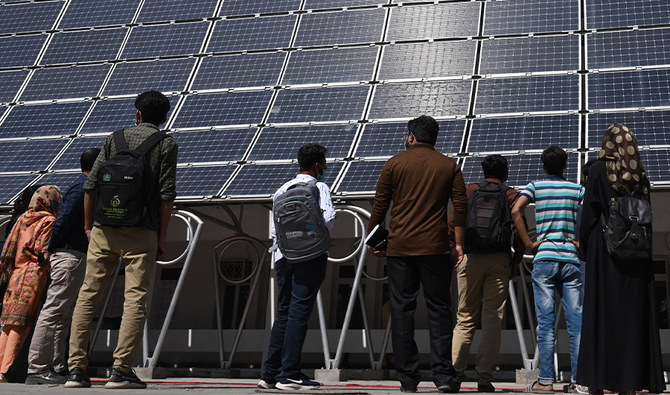ISLAMABAD: Prime Minister Shehbaz Sharif took oath as Pakistan’s prime minister for a second term on Monday, taking over a troubled country of 241 million people that faces profound political, economic and security challenges.
Sharif, 72, officially took up office at a swearing-in ceremony at the presidential office in the nation’s capital, Islamabad.
On Sunday, Sharif, the candidate for his Pakistan Muslim League-Nawaz (PML-N) and coalition allies, secured a comfortable win over Omar Ayub Khan of the Sunni Ittehad Council (SIC) backed by the Pakistan Tehreek-e-Insaf (PTI) party of jailed former PM Imran Khan.
His election comes three weeks after Feb. 8 general elections threw up a hung National Assembly, unleashing weeks of protests by opposition parties over allegations of rigging and vote count fraud.
“As prime minister of Pakistan, I will discharge my duties, and perform my functions, honestly, to the best of my ability, faithfully in accordance with the constitution of the Islamic Republic of Pakistan and the law,” Shehbaz said as he took oath.
In his first speech after being voted in on Sunday, Sharif spoke about the struggling $350 billion economy and said it would require “radical reforms” to rid the country of its financial difficulties.
“Can a nuclear-capable Pakistan sustain its existence with the burden of debts,” he had asked. “It will sustain if we collectively decide on a deep surgery and change the system. We have to bring reforms.”
Sharif, the younger brother of former three-time premier Nawaz Sharif, played a key role as prime minister in keeping together a coalition of disparate parties for 16 months after parliament voted Imran Khan out of office in April 2022, and in securing a last gasp International Monetary Fund (IMF) bailout deal in 2023.
He now faces an overlapping trio of political, economic and security crises, much like in his previous tenure.
Sharif’s first order of business will be negotiating a new bailout deal with the IMF. The current IMF program expires this month.
A new program will mean committing to steps needed to stay on a narrow path to recovery, but which will limit policy options to provide relief to a deeply frustrated population and cater to industries that are looking for government support to spur growth.
Inflation touched a high of 38 percent with record depreciation of the rupee currency under Sharif’s last government, mainly due to structural reforms necessitated by the IMF program. Pakistan continues to be enmeshed in economic crisis with inflation remaining high, hovering around 30 percent, and economic growth slowing to around 2 percent.
The new PM will also have to tackle a spike in attacks by the Pakistani Taliban and other groups, including separatists.
But the gravest challenge will be on the political front.
Independent candidates backed by Khan gained the most seats, 93, after the elections, but the PML-N and the Pakistan Peoples Party (PPP) of the Bhutto dynasty agreed to an alliance to form a coalition government. No single party won a majority.
The Sunni Ittehad Council backed by Khan alleges that the election was rigged against it and has called for an audit of the polls. Lowering political temperatures will thus be a key challenge for Sharif as Khan maintains mass popular support in Pakistan, and a continued crackdown on his party and his remaining in jail would likely stoke tensions at a time when stability is needed to attract foreign investment to shore up the economy. For now, the Khan-led opposition has signaled it would “cooperate” with the new government on issues of public concern but keep protesting the alleged manipulation of election results.
Sharif will also have to manage ties with the all-powerful military, which has directly or indirectly dominated Pakistan since independence. Unlike his elder brother, who has had a rocky relationship with the military in all his three terms, the younger Sharif is considered more acceptable and compliant by the generals, most independent analysts say.
For several years, the military has denied it interferes in politics. But it has in the past directly intervened to topple civilian governments and no prime minister has finished a full five-year term since independence in 1947.




